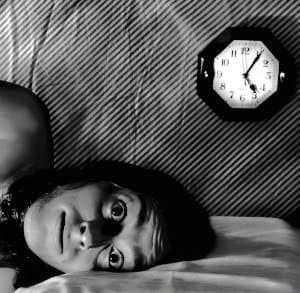Having difficulty sleeping can be extremely frustrating. Insomnia can affect many things including blood pressure, symptoms of depression, pain tolerance, general health and much more. Reports indicate that 30-40% of people report symptoms of insomnia within a given year. Having trouble sleeping myself, I recently read an article in the Huntington Post on the “don’ts of insomnia”. Here are some suggestions:
- Don’t drink alcohol before bed. Although alcohol may initially make you feel tired, it will reduce the arousal threshold making it more likely for you to wake up throughout the night.
- Avoid electronics for 3 hrs prior to bed. The lights on your laptop/tablet/television keep your brain aroused and make it less likely for you to fall asleep
- Don’t drink caffeine into the evening. The half life of caffeine is approximately 6 hrs (meaning that half of the caffeine you consume is still in your body 6 hrs later)
- Avoid intense workouts late at night. Late night workouts increase body temperature confusing the brain at bedtime.
- Don’t do your work from bed. You don’t want to associate work stress with bedtime.
Some other helpful hints that I have picked up include not drinking excess fluids after dinnertime. A supplement that I and some of my clients have found helpful is called Passionflower, which helps anxiety related insomnia (check with your doctor or naturopath prior to using!).
If you are having trouble sleeping, try some of these tips and see if they work for you. If you still can’t get 6-8hrs of sleep in a night, then it might be time to consult an expert. If it is pain from a shoulder injury, or back injury etc. that is preventing you from getting a good night’s sleep, then come and see one of our skilled physiotherapists and allow us to help you get some sleep!

